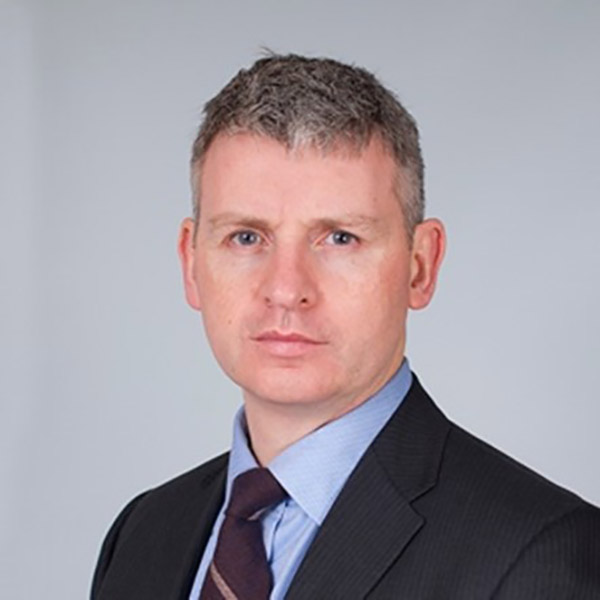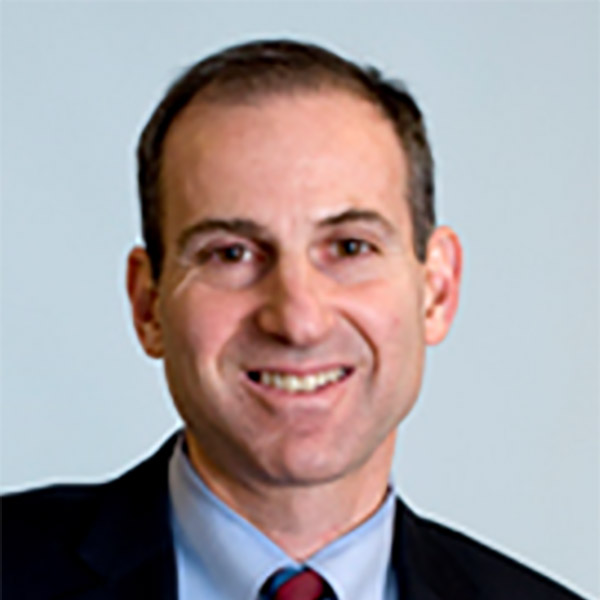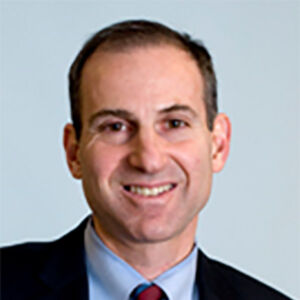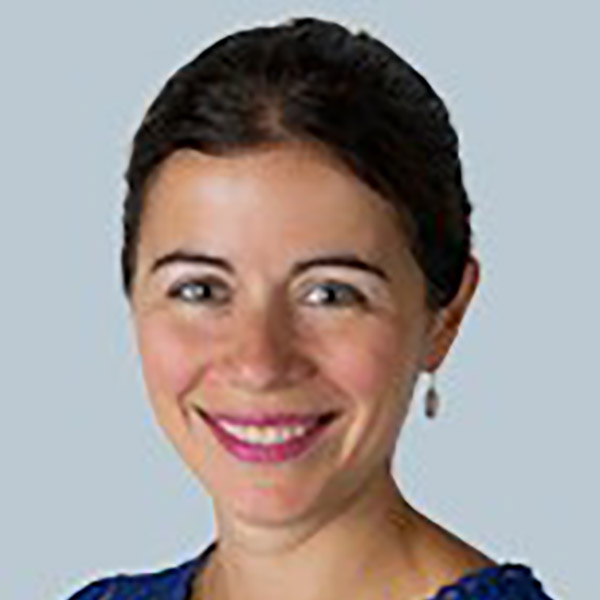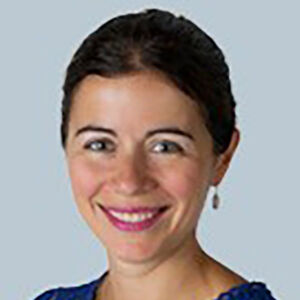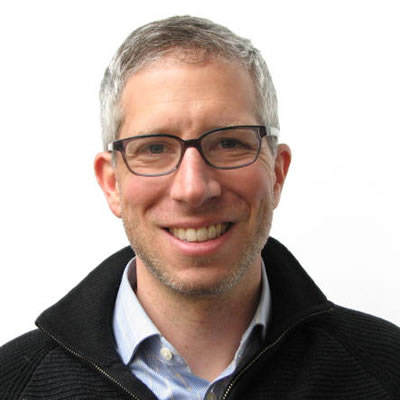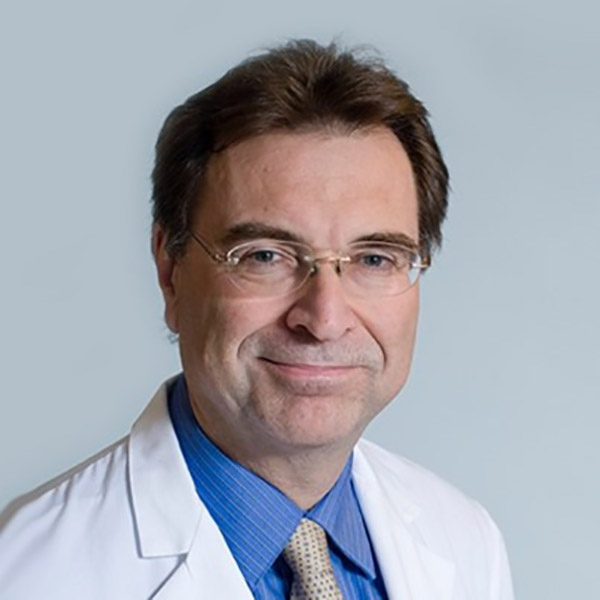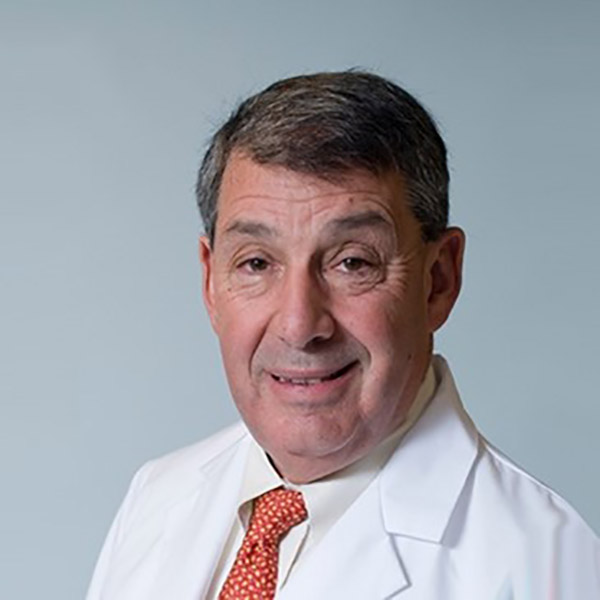Welcome to the Massachusetts General Hospital Global Non-Communicable Diseases Research Training (GNCDRT) Program, an institutional research training grant (T32), funded by the National Heart, Lung, and Blood Institute (NHLBI).
The GNCDRT, led by Jessica Haberer, MD, MS, brings together faculty from the MGH Divisions of Cardiology, Endocrinology, Pulmonology, and Hematology, to offer a formal research training program for global NCDs. Our goal is to help launch the research careers of early-stage investigators. This program provides a dedicated career development mentor and a research mentor for each trainee, didactic seminars, research training through coursework at the Harvard T.H. Chan School of Public Health, and a community of practice within the program and with other global health fellows. Training emphasizes the role of allyship and equity in global health research.
Funding is for up to two years and awards cover salary, travel to professional meetings, some tuition costs, and other training-related expenses.
APPLICATION PROCESS
Prior to applying, please review the current program faculty. All candidates are encouraged to identify a Faculty Mentor prior to application submission, if possible. If a candidate is already working with a mentor who is not part of our T32 faculty, please reach out and we will evaluate if this individual fits into our T32 program. If a candidate would like assistance in identifying a mentor, please reach out to the T32 Program Manager, Lindsey Garrison, legarrison@mgh.harvard.edu.
APPLICATION DETAILS
Please return this form and all related materials as a single PDF to Lindsey Garrison (legarrison@mgh.harvard.edu) by December 1, 2025.
- Cover page
- A one-page personal statement of background and experience, goals for T32 fellowship training, and longer-term career goals
- A (maximum two page) description of your research interests, planned research project and proposed mentor (see faculty).
- One letter of recommendation from a prior/current mentor or training supervisor, and one letter of recommendation from your proposed T32 research mentor. If you are currently working with your proposed mentor and they can serve as both a current/prior mentor letter and your future T32 project mentor letter, you only need one letter.
- Documentation of doctoral degree completion (or imminent completion) and citizenship/permanent resident status
- Your Curriculum Vitae
Citizenship and Minority Recruitment:
Per NIH guidelines, applicants must be a citizen or non-citizen national of the United States or have been lawfully admitted for permanent residence at the time of appointment. Underrepresented minority groups including, but not limited to, African Americans, Hispanic Americans, Native Americans, Alaskan Natives and Pacific Islanders are strongly encouraged to apply.
TRAINING PROGRAM FACULTY
Global Cardiovascular and Cardiometabolic Diseases
Global Pulmonology
Global Hematology
Global Health Research
PROGRAM DESCRIPTION AND CURRICULUM
Fellows will work with their mentors either on existing studies, and/or develop their own projects, provided the research is feasible within the time constraints of the fellowship. Research may involve collaboration with any partner institution suitable for the proposed research. Computing and laboratory resources at MGH will be arranged through mentors. Notably, the MGH Center for Global Health has a deep, long-standing collaboration with the Mbarara University of Science and Technology in Uganda, which may host projects involving primary data collection.
Other ongoing research collaborations include (but are not limited to) the following:
- Shanghai Putuo District People’s Hospital in China (Drs. Christiani, Lai)
- Kenya Medical Research Institute (Dr. Haberer)
- University of Cape Town (Dr. Haberer)
- Partners in Health/Zanmi Lasante Research Department in Haiti (Dr. Ivers)
- Africa Health Research Institute in South Africa (Drs. Siedner, Reddy)
Fellows in the GNCDRT Program will receive a variety of training opportunities through the Harvard T.H. Chan School of Public Health (HSPH), the GNCDRT Program itself, and the MGH Division of Clinical Research.
- All fellows will be enrolled in the HSPH Program in Clinical Effectiveness (6-week summer course) unless they already have equivalent training.
- Some may choose to continue with advanced and/or complementary coursework at the HSPH.
- GNCDRT Program seminars, including sessions on global health partnerships, equity and allyship in global health, and program management for global health research, among others.
- Career development seminars including resiliency in research, loan repayment and personal financial management, understanding NIH grant mechanisms, etc.
- Conquering the K workshop.
- Fellow socials to develop a Community of Practice among the fellows.
An example of a typical fellow experience for one year of training is detailed below:

CONTACT
Please reach out to Program Manager Lindsey Garrison (legarrison@mgh.Harvard.edu) with any questions.
